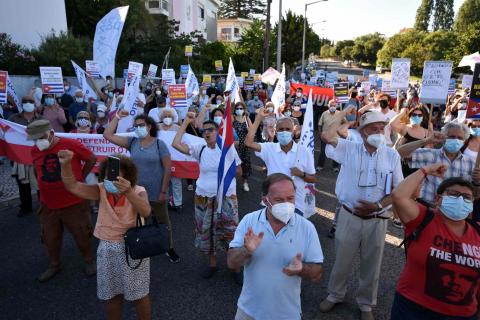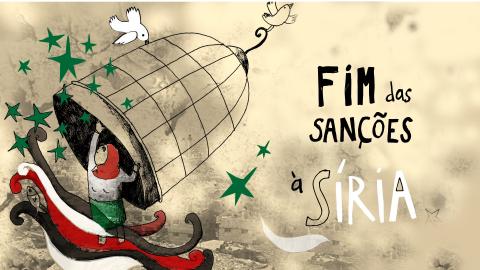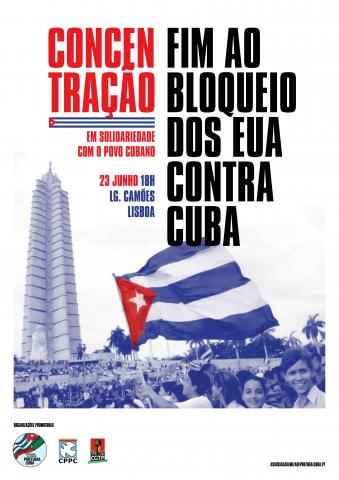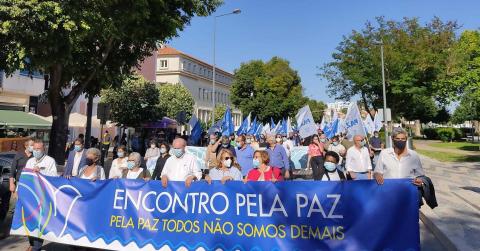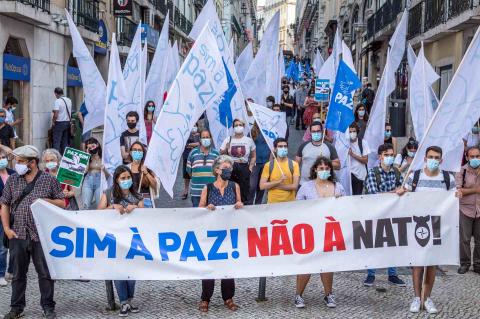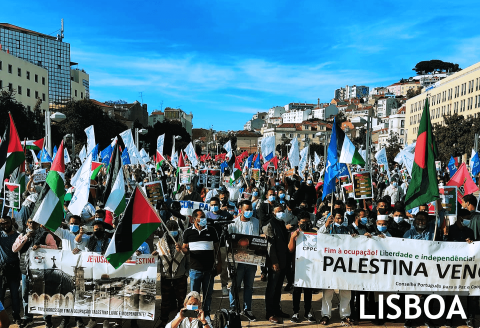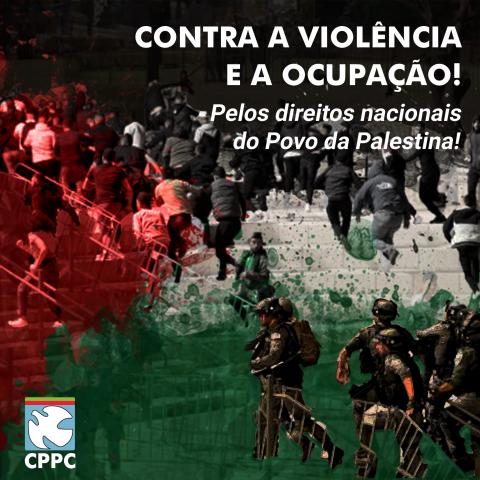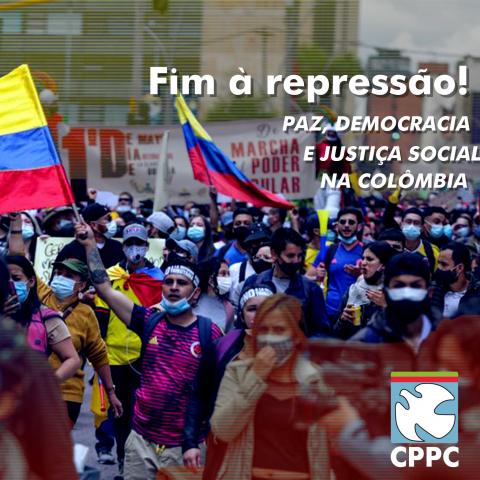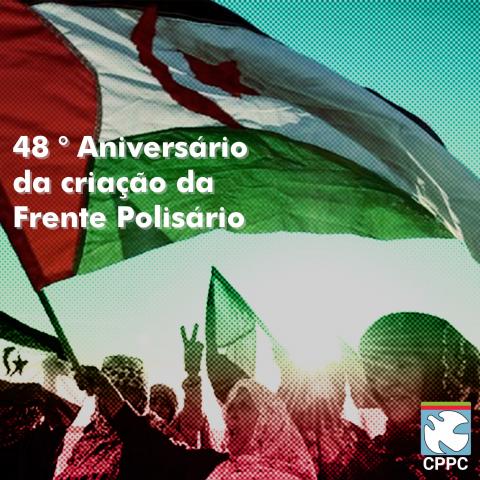Solidarity with the Cuban Revolution and people was heard loudly on the
15th., near the Cuban embassy in Lisbon. At the concentration, promoted
by the CPPC in partnership with the CGTP-IN and AAPC-the Portugal-Cuba
Friendship Association (joined by other organisations), denounced the
blockade and the instrumentalization of the problems created by it to
destabilise Cuba and pave the way for new and more serious attacks
against its sovereignty and the living conditions of its people.
Portuguese Council for Peace and Cooperation
CPPC
A group of personalities has agreed to sign an Appeal to end the sanctions on Syria, adopted unilaterally and outside the United Nations, that are worsening the situation of the Syrian population, which is currently facing enormous difficulties, given that, for ten years, Syria and its people are being victims of a war that has caused death, suffering and destruction, in addition to the sanctions imposed by the United States of America and the European Union, added to the effects of the pandemic situation.
June 23 was one more day of affirmation of solidarity with Cuba and the Cuban people on the occasion of the vote on yet another resolution demanding the end of the criminal Blockade imposed on Cuba by the USA. Presented by Cuba since 1992 to the United Nations General Assembly, it has since been approved by a large majority, demonstrating the isolation of the Blockade and that Cuba, free and sovereign, is resisting.
he Meeting for Peace, held on June 5 at the Luísa Todi Forum, in Setúbal, Portugal, under the motto «for Peace, we are all never too many», was an important moment for affirmin the values of peace, disarmament, solidarity and cooperation.
The Portuguese Council for Peace and Cooperation (CPPC) organized two actions under the moto «Yes to Peace! No to NATO!» on June 14, the same day the NATO Summit 2021 was held in Brussels. The actions took place in the streets of Lisbon and Porto, with more than two dozen organizations subscribing the appeal launched by the CPPC calling for action and denouncing once again the catastrophic action of NATO on the peoples lives and its antagonism to peace.
The appeal was the following:
The economic, commercial and financial blockade imposed by the US on Cuba for over 60 years is an unacceptable unilateral act, with an extraterritorial nature, which disrespects and affronts the United Nations Charter and International Law, and which seeks to attack the sovereignty and rights of Cuba and of the Cuban people.
In response to the appeal made by the Portuguese Council for Peace and Cooperation (CPPC) together with the Movement for the Rights of the Palestinian People and for Peace in the Middle East (MPPM) and the General Confederation of the Portuguese Workers (CGTP-IN), thousands of people took into the streets to give voice to the Solidarity with the Palestinian people and to demand an end to Israel's crimes, to the massacres, the oppression, the humiliations – in a word, an end to the occupation.
The Portuguese Council for Peace and Cooperation strongly condemns the violence exercised in recent days by the Israeli army, police and settlers against Palestinians in East Jerusalem and other territories of occupied Palestine, with the eviction of populations from their homes in Sheik Jarrah and, right in the middle of Ramadan, the obstruction of access to the Al-Aqsa Mosque, considered the third most important site of the Islamic religion located in the heart of the Holy City of Jerusalem.
The Portuguese Council for Peace and Cooperation expresses its fraternal solidarity with the courageous struggle of the Colombian people for peace, democracy and social justice, expressed in the great strikes and demonstrations that have been taking place all over the country for several days.
The protests, initiated against the imposition of a new tax law - which led to the call for a national strike on April 28 - quickly evolved to challenge the entire regime in force in Colombia, which is extremely unfair, violent, repressive and fascistic.
The Portuguese Council for Peace and Cooperation (CPPC) salutes the Polisario Front, legitimate representative of the Sahrawi people, on the occasion of the 48th. anniversary of its creation, on May 10, 1973, recognising its key role in the struggle against colonialism and for the recognition of the inalienable right of the people of Western Sahara to self-determination and to a free and sovereign homeland in that territory, according to the proclamation of the Sahrawi Arab Democratic Republic (SADR).

